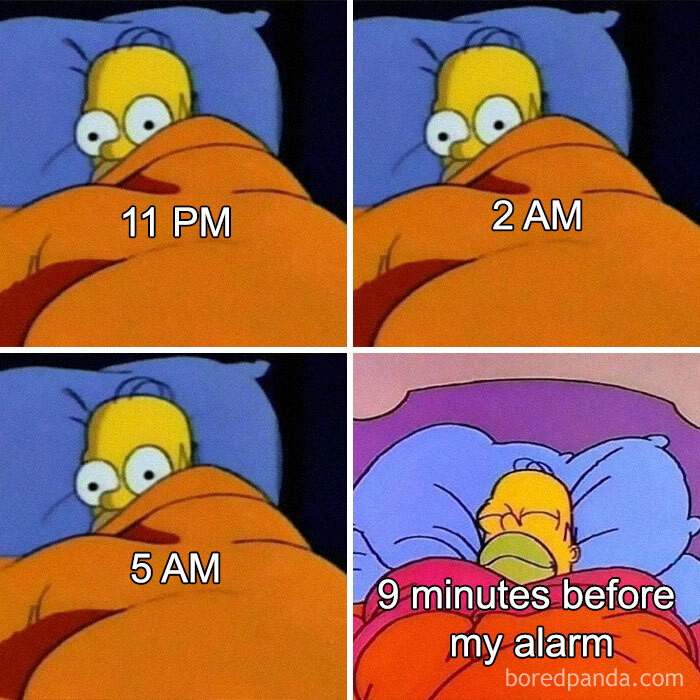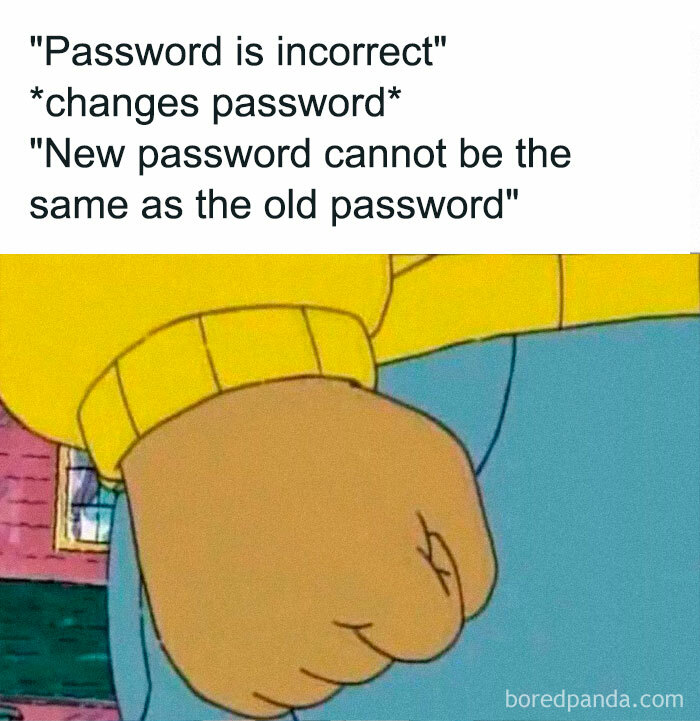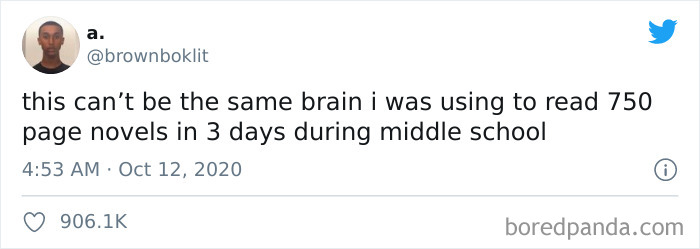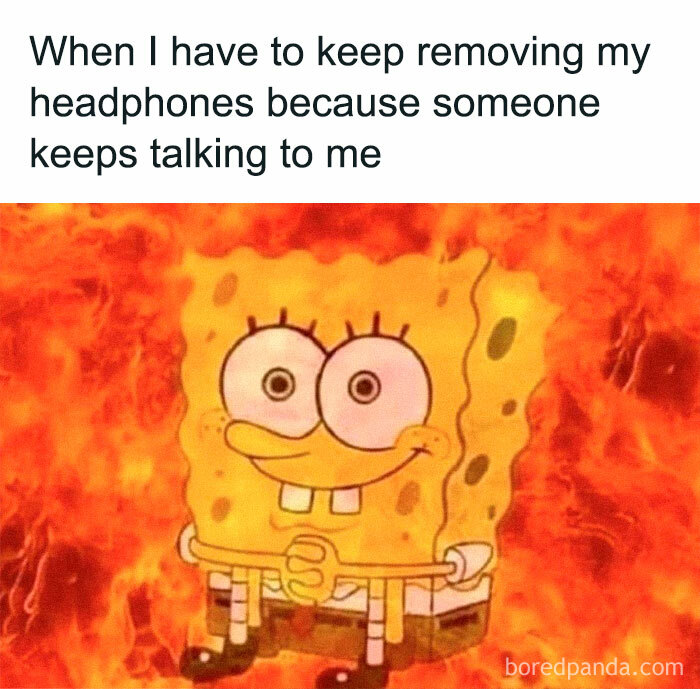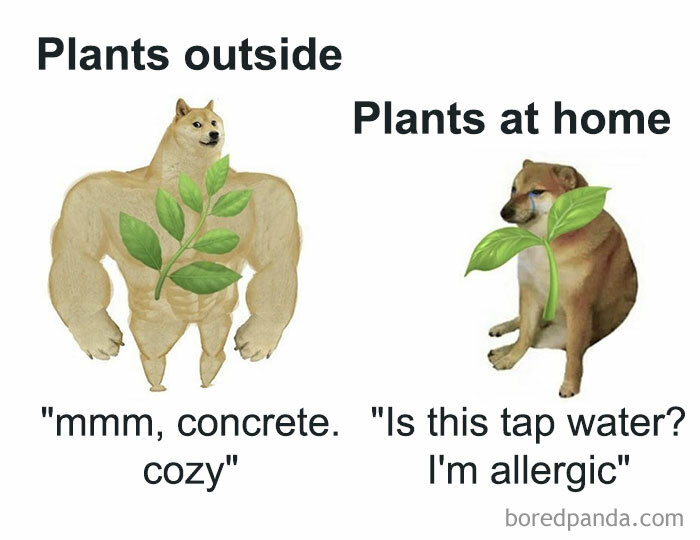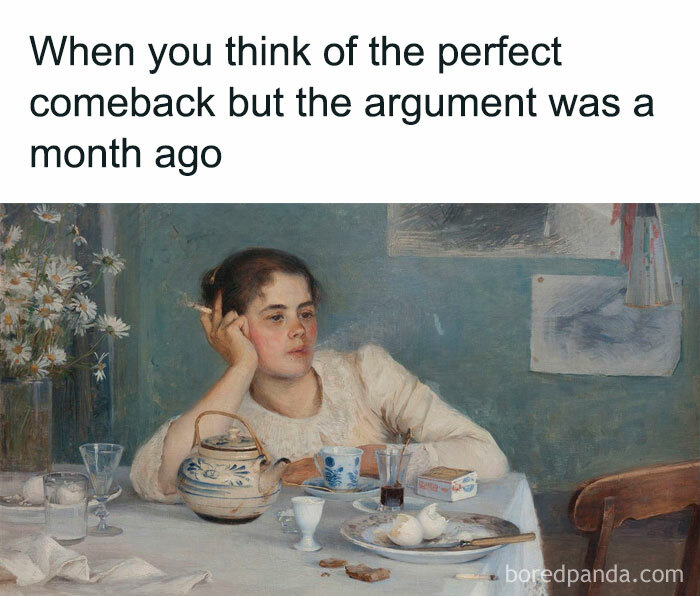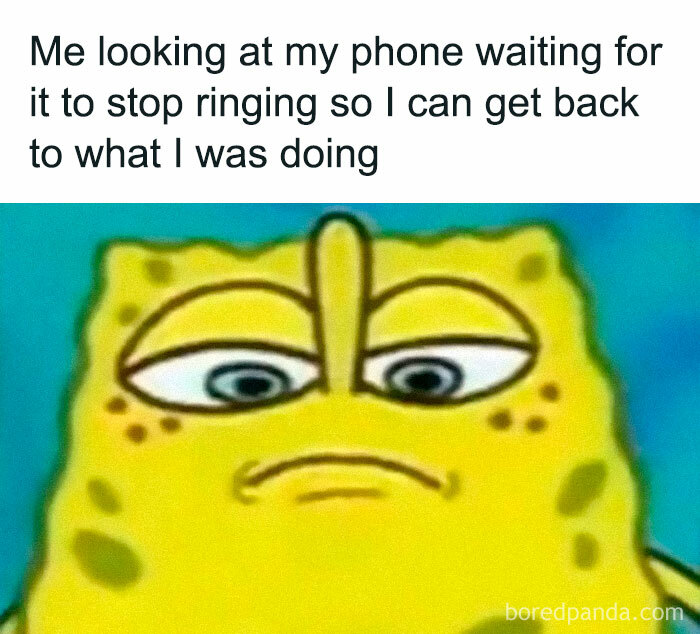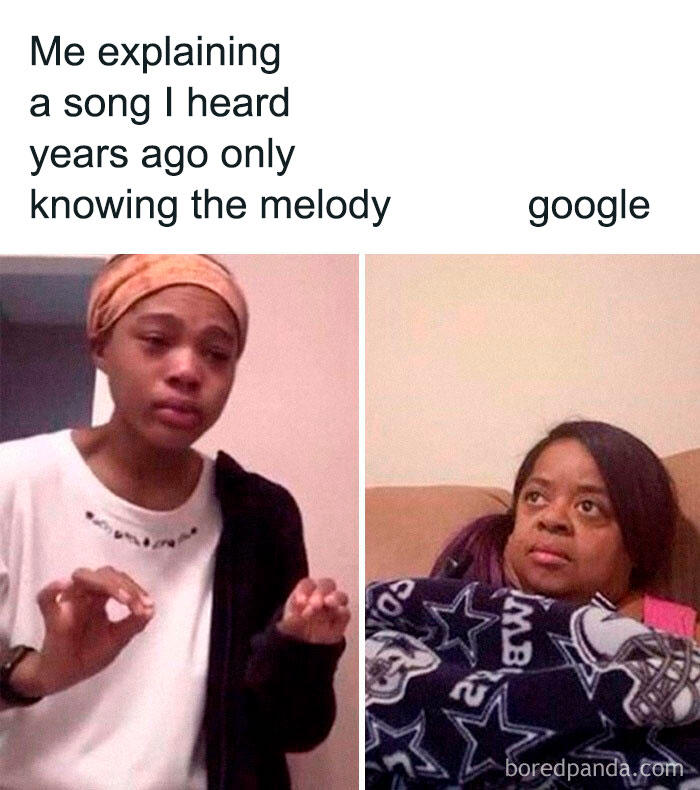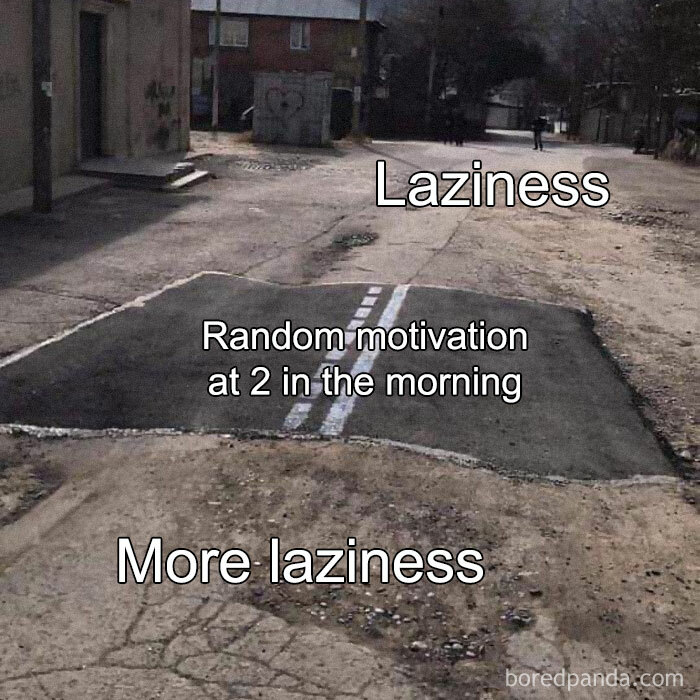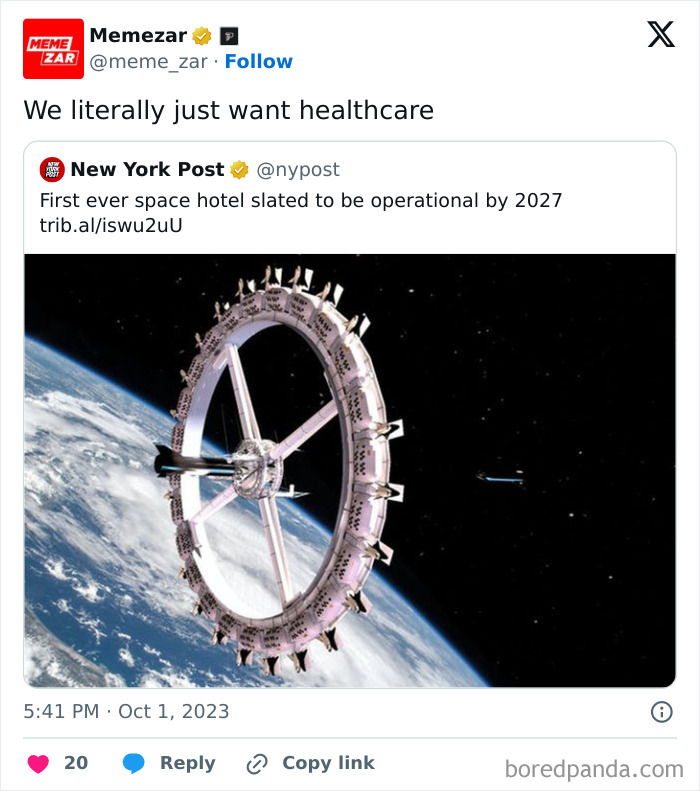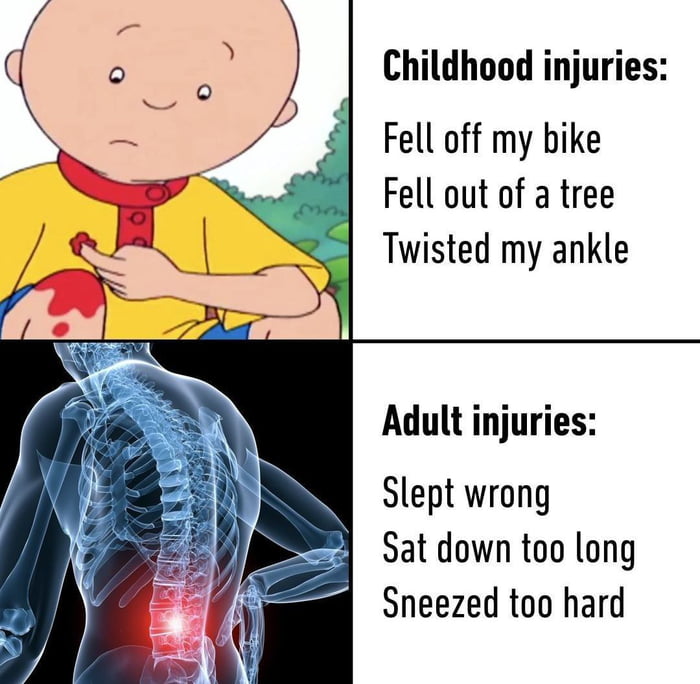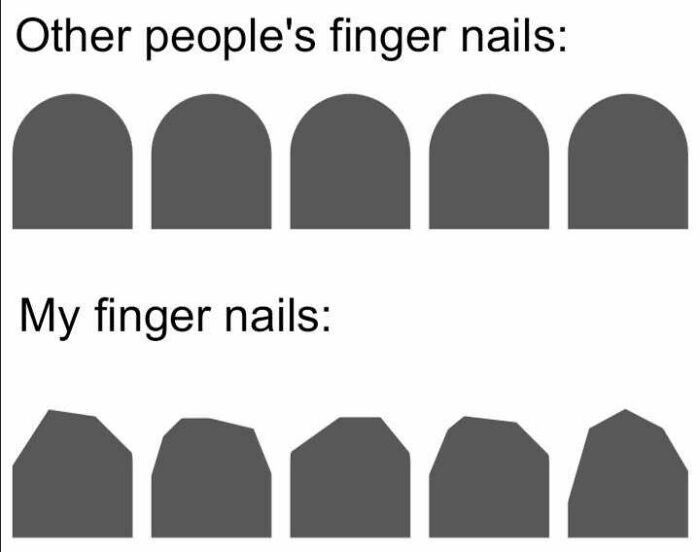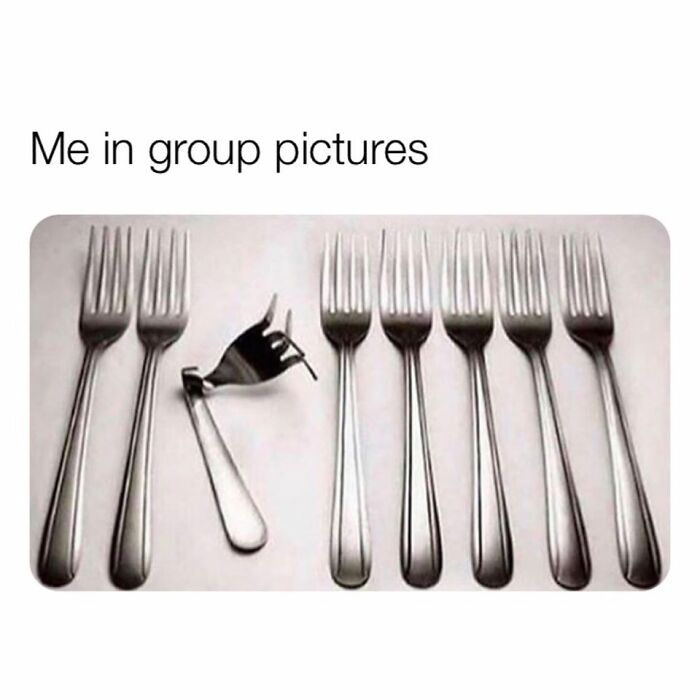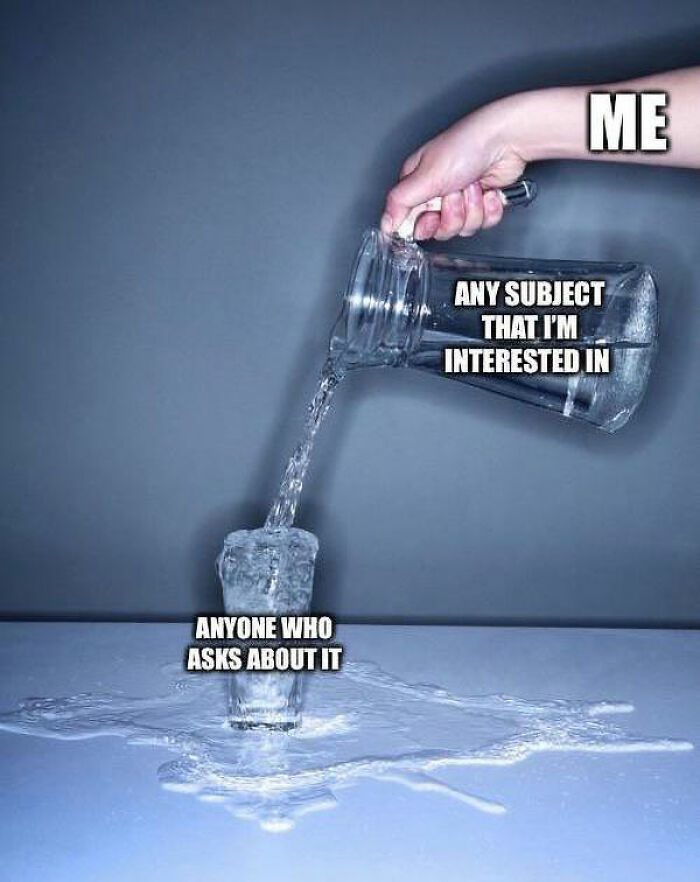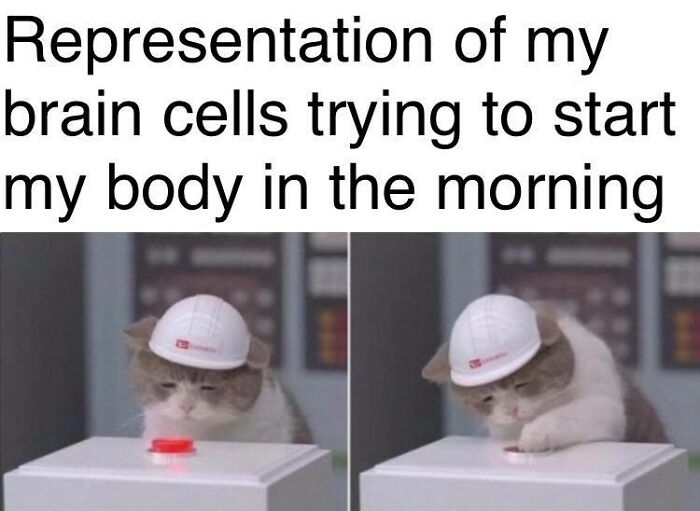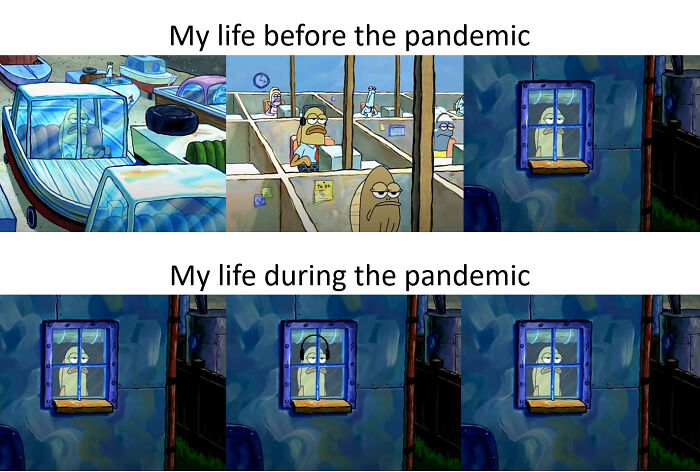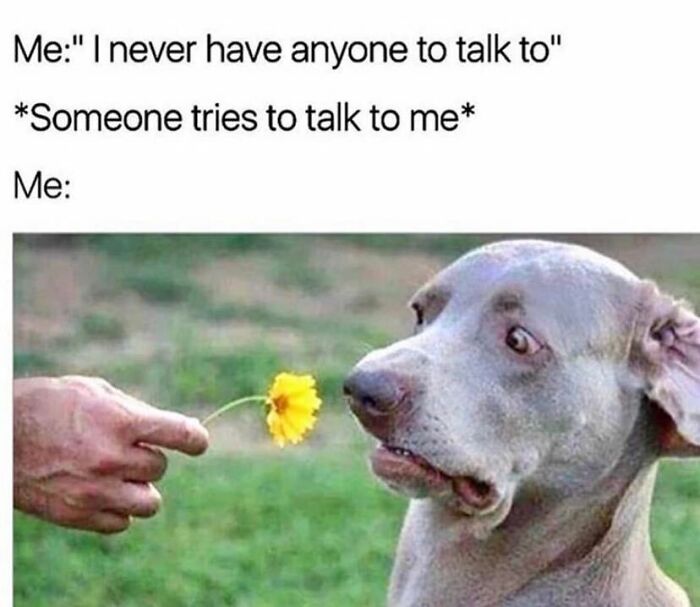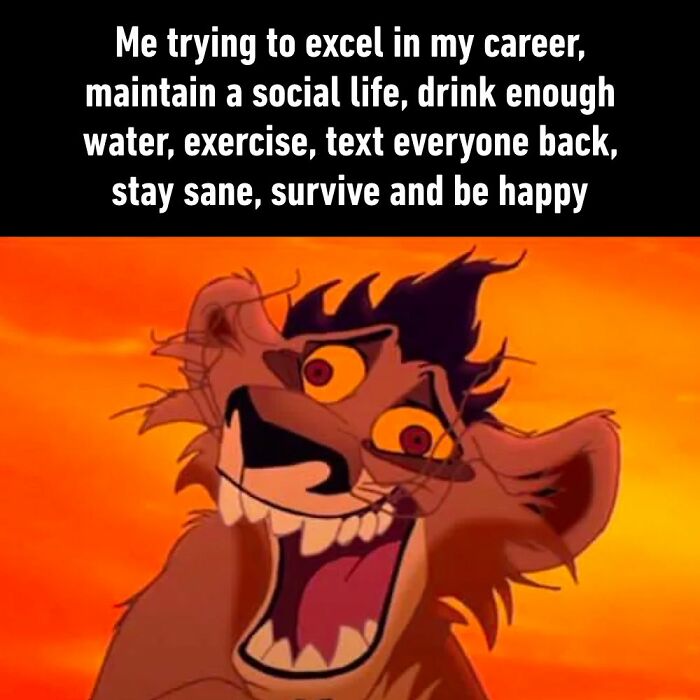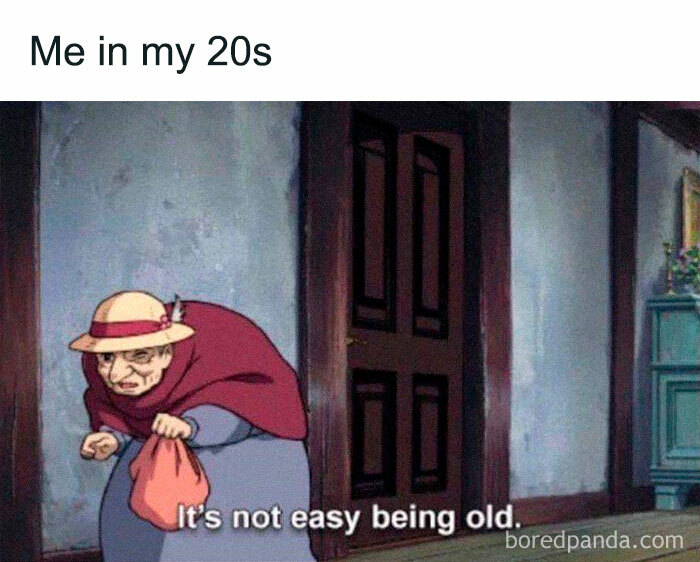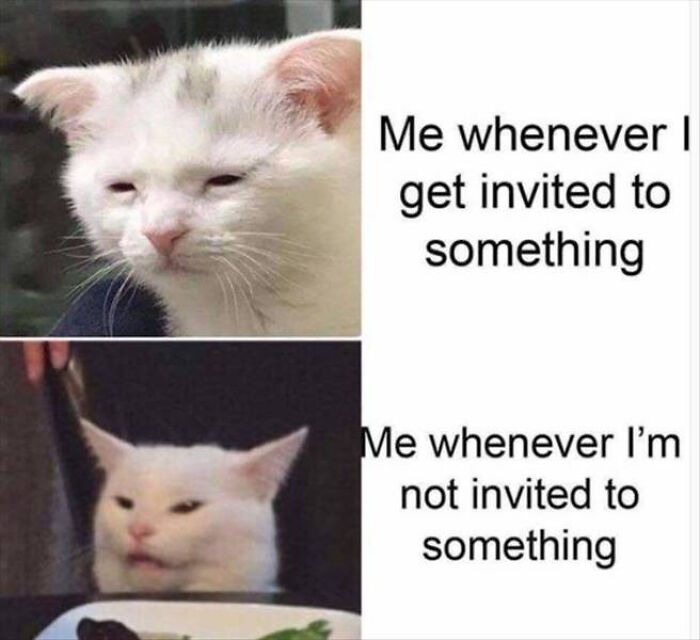Memes are more than just entertainment. If you scroll through Instagram, Facebook, and Twitter, then you've surely noticed how mainstream they've become—memes dominate our newsfeeds more than actual news itself. Whether they come as images or videos, they can be political, satirical, comical, pretty much anything you can imagine, and they not only make us laugh, but have the ability to identify a common feeling, experience, or opinion as well. I mean, how many times have you seen a funny meme and thought 'that is so me'? And then tagged your friend in the comments? It's this that makes memes such a popular cultural phenomenon: they're both personal and universal. To see what I mean, scroll through this relatable memes list compiled by Bored Panda—you'll see that even seemingly harmless, funny memes can open up doors to more serious topics.
This post may include affiliate links.
The term meme was coined in 1976 by British evolutionary biologist Richard Dawkins in his work The Selfish Gene. Dawkins conceived of memes as the cultural parallel to biological genes and considered them, in a manner similar to "selfish" genes, as being in control of their own reproduction, thus serving their own ends.
So in those terms, memes carry information, are replicated, and are transmitted from one person to another, and have the ability to evolve. Memes mutate at random, undergoing natural selection, and can take a variety of forms, such as an idea, a skill, a behaviour, a phrase, or a particular fashion.
The replication and transmission of a meme occurs when one person copies cultural information from another person. It is carried out primarily by means of verbal, visual, or electronic communication, ranging from books and conversation to television, e-mail, or the Internet. Naturally, those memes that are most successful in being copied and transmitted become the most prevalent within a culture.
I get so invested in my books or catch up tv that I lose track of the time completely. One minute it will only be 7:30pm and the next it is almost midnight.
The exploration of relationships between cultural evolution, cultural transmission, and imitation has led to interesting theories about memes. For example, various ideas have emerged about the nature of memes, wondering if they are beneficial, neutral, or harmful.
It’s not a competition, you’re missing the point just to brag.
Load More Replies...I read a lot of books in elementary and middle school but now that I’m in high school whenever I look at a book my brain jus shuts off.
Yup. Read all those books in short time. Can't remember even one.
I once read a 1400 page book in four minutes and twenty-seven seconds!!
Dude. I read 1200 page novels in one day. Granted I get schoolwork done fast
Long long time ago i can finish 2-3 agatha christie's but now..2 pages and i'm like f**k this s**t i'm going to bed
Easily read in one night, now I can barely function without five cups of coffee in the mornings
11 year old daughter read Harry Potter and the Order fo the Phoenix in 2 nights. Last week she was struggling to get through a Calvin and Hobbes book. Happens all of a sudden.
I did it in elementary most because I never had access to the internet and that was final back then.
Heyyyyy that's meee. I finished an 804 page book in like.. 4.5 days.
I read the book "It" in a total of 12 hours. I used a stopwatch to check.
OR doing advanced statistics in grad school (just 5 years ago!) And cant make change for a dollar bill now!
For me it was 200 page book on a school day(like I went to school that day) in the sixth grade on the same day I had to go to an hour long meeting with my counseler (plot twist I’m still useing that brain, what I’m talking about happend a couple months ago)
People used to think I loved to read. I really just was on the constant hunt for something that would captivate me if I wasn't hooked in the first chapter I couldn't do it many were checked out few were chosen. Now I just don't have the motivation or focus to search like I once did
I read the whole hunger games series in 4 hours.......when can I get a life😩
For example, some scholars say memes may be interpreted as being inherently harmful because they are parasites or viruses of the mind; once assimilated into the human mind, their chief purpose becomes their own replication, with humans having little or no control over them.
It is usually the one with the brakes. When people try to move the trolley with the brake on, the tyre gets ruined, and then it becomes the bad apple.
Some memes, on the other hand, are benign or beneficial but can become dangerous because after they have been seeded in the human mind, they lend themselves to being misused or abused. Consider memes associated with religious or political ideas, for example. They may benefit the people who carry them, but those same memes, when imposed on people whose religious or political memes are different, may cause harm, such as through the loss of religious traditions or social or political stability.
I ALWAYS close the lid before flushing. Don't want anything splashing on me! And I definitely don't see the water rising.
yes, and when you're actually getting ready/playing the game/eating the food it goes so quickly!
It's very annoying when minecraft does that. This can also be when you stub your toe
Age 10- hands straight. Age 40- hands on hips. Age 60- hands clasped behind back
we need an app where if you hum the tune or riff, it finds the song. quickly, Scientist Pandas!
Well I would rather the clothes caught on the k**b than a stick up the nose.
I am the opposite. I prefer phone calls to texts. Especially if the texts end up being back and forth, I f*****g hate that. Get the convo over and done with by calling them, plus you get the tone of voice and emotion that you can’t get from texting.
The original image seems australian. I wonder why. But anyways, very relatable, very big yikes every time, worse in the shower.
Stood up too fast. Bent over. Stubbed toe on an empty plastic bag...
I hate the ones that you can't zoom in - how am I supposed to see a bicycle in a 1 /2" tall, low resolution panoramic shot of three blocks of a busy downtown street.
my brain past 10pm: sleep. my brain past 8am: sleep. my brain between 2am and 5am: WHAT ARE YOU DOING WAKE UP YOU IDIOT
I understand this. Also my teabag caddy is around 3 inches high right now.
I remember I left a mouldy apple in my school bag and I was too scared to take it out so all my books got covered in mouldy apple and the teachers had to give menew ones and then I got those ones covered in apple and oh it was awful. Then one day I looked through my bag and the apple had disappeared and the moral of the story is that if your too lazy to fix something that is getting your books covered in mouldy apple your mum or dad will fix it for you
also in french class when we were allowed to use dictionaries and everyone looked for swear words in french then passed on the page number round the class
Hate it when I lay down in bed and get all cozy...then remember that I have to brush my teeth..
This pandemic was the best excuse for not hanging out with people, because you know.. social distancing!
Seriously how do people open their eyes underwater???
Actually, it is. And to avoid misunderstandings - Germany is in Europe.
I always wait until everyone is out of the kitchen, and then when I'm in it everyone acts like it is the most interesting place in the world.
Me, putting the milk before the cereal, and chewing on the tablet. My friend, Eating cereal without the milk.
umm excuse me, i did not give consent to post my story on the internet, please take this down or i will take legal actino
Fun fact: "meme" is a scientific name for "an element or system of behaviour passed from one individual to another by non- genetic means". It comes from the greek word "mimema", meaning "imitated". It was introduced by the biologist Richard Dawkins in 1976.
We also choose the Top 10 dank fortnite memes >> https://bit.ly/TOP10-MEMES-FORTNITE
I guess it is why it is named " most " and not all.
Load More Replies...Fun fact: "meme" is a scientific name for "an element or system of behaviour passed from one individual to another by non- genetic means". It comes from the greek word "mimema", meaning "imitated". It was introduced by the biologist Richard Dawkins in 1976.
We also choose the Top 10 dank fortnite memes >> https://bit.ly/TOP10-MEMES-FORTNITE
I guess it is why it is named " most " and not all.
Load More Replies...
 Dark Mode
Dark Mode 

 No fees, cancel anytime
No fees, cancel anytime 












